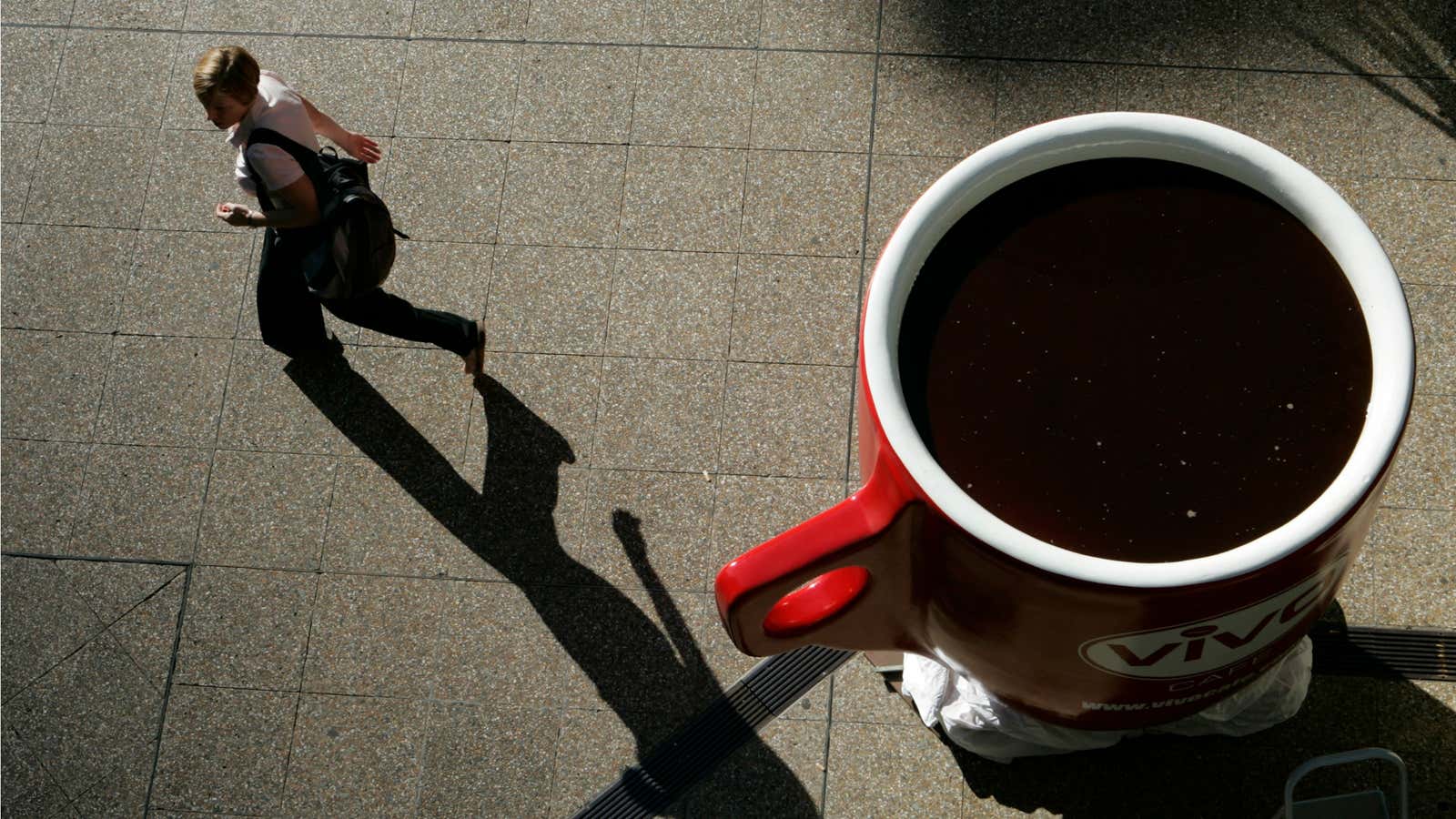If you’ve been trying to get noticed in the office, chances are you’ve been following the conventional wisdom: speaking up in meetings, taking on greater responsibility, setting “clear goals” and achieving “early wins.” But if you haven’t made spectacular progress, it’s probably because the business world is overcrowded with people who are doing exactly the same thing.
The logical route is to differentiate yourself. You can do that by ignoring the advice in the management books and going straight to the latest evidence-based findings from academic researchers.
Social scientists all over the world are making discoveries relevant to managers and employees, and no one is tapping into them. (I write about this research every day in Harvard Business Review’s Daily Stat newsletter—the best stats are in the new book Stats and Curiosities from Harvard Business Review.)
Take the issue of status. You need it if you want to get ahead. So what should you do to get more of it? In a study led by David DuBois of HEC Paris, people who were observed choosing large coffees, pizzas, and smoothies were rated by others as having higher status. They scored an average of 4.98 on a 1-to-7 scale, versus 3.03 for people who chose the small size. Technically, the study doesn’t apply to managers: The researchers were studying obesity among underprivileged populations, and they found that extra-large food servings can serve as markers of social status. So for policy makers, the research suggests that there might be benefits to altering people’s perceptions about portion size. But this advice jives with the idea of wearing the clothes for the job you want, not the job you have. To take it one step further, surround yourself with the trappings of the salary and lifestyle you want, not the one you have.
Consider an experiment by Albert Mannes of the Wharton School: Men seen in photographs with shaved heads were perceived as an inch taller and 13% stronger than men with full heads of hair. Men who are entirely bald are viewed as the most dominant, and those with thinning hair are seen as the least powerful (that’s painful). Mannes says he conducted his study after noticing that he was treated with greater deference after shaving his head.
How long before these ideas go mainstream? I don’t know, but I’d work on getting noticed before that happens.
